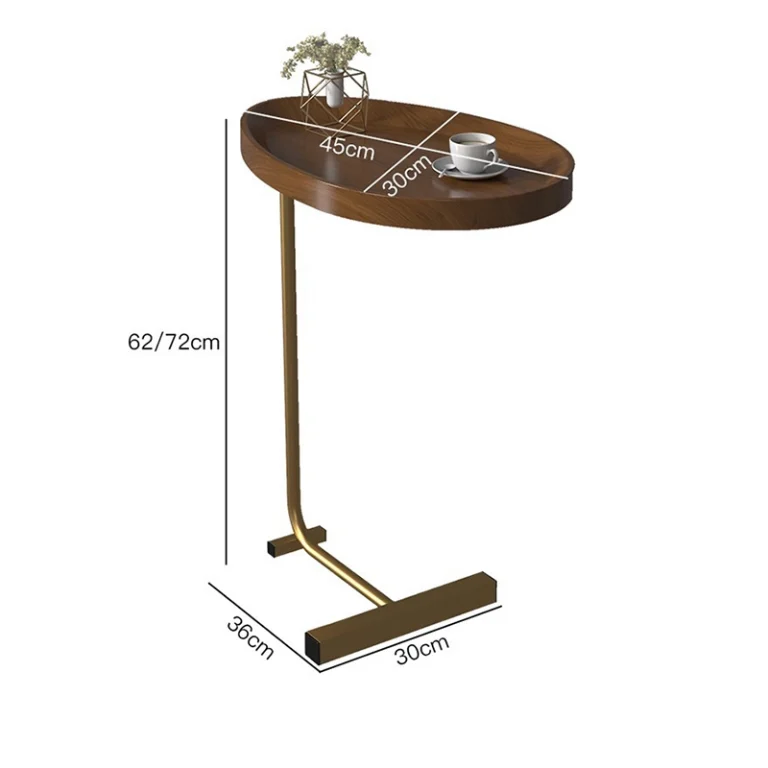Why Is It So Difficult to Find Reliable Chinese Suppliers Today?
Common Challenges Faced by International B2B Buyers
In 2025, sourcing from Chinese suppliers is a huge move for global businesses. But it’s tough. Many international B2B buyers find it hard to check if suppliers are legit. China has tons of manufacturers and trading companies. Sorting through them is a challenge. A big issue is transparency. Many suppliers don’t share enough paperwork or clear business details. This makes it hard to trust them.
Language barriers make things tougher. Business practices differ. Negotiations can get tricky. Time zones slow down communication. Some suppliers respond slowly or unevenly. That can push your projects behind schedule. These hurdles make it hard to pick solid manufacturers from those just making big claims.

Risks of Dealing with Unverified or Inexperienced Suppliers
Working with unverified or new suppliers can bring huge risks. You might get low-quality products. Shipments could show up late. Prices might change out of nowhere. In the worst cases, you pay and get nothing. Without careful checks, you could fall for scams or deal with middlemen who add costs without value.
Some suppliers lack the know-how or setup to meet global quality standards. This can cause trouble with rules in your country. Poor products can hurt your brand and cost you money.
The Role of Cultural and Communication Barriers in Supplier Relationships
Cultural differences make strong supplier ties harder. Western businesses often want clear contracts and detailed specs. However many Chinese suppliers focus on relationships, or guanxi, over formal documents.
Communication styles can lead to mix-ups. In China, people often speak indirectly. A “yes” might just be politeness, not a real agreement. Without local knowledge or help, these differences can lead to wrong expectations. That can ruin deals.
What Are the Key Criteria for Identifying Trustworthy Chinese Suppliers?
Certifications, Licenses, and Legal Compliance to Look For
Checking certifications and licenses is a terrific way to find trustworthy Chinese suppliers. Solid manufacturers often have ISO 9001 for quality management. They might also have credentials like CE for Europe, FDA for the U.S., or RoHS compliance.
You should also look at legal papers, like a business license from the local Administration for Industry and Commerce (AIC). These show the supplier can operate legally.
Evaluating Production Capacity and Quality Control Systems
You need to know if a supplier can handle your order size. Check their workforce, factory space, equipment, and monthly output. This tells you if they can grow with your needs.
Quality control is just as key. A reliable supplier has a QC team. They inspect raw materials, check during production, and test final products. This keeps everything consistent and up to your standards.
Assessing Financial Stability and Business History
A supplier’s financial health shows if they can deliver steadily. Stable cash flow means they won’t skimp on materials or workers, even in tough times.
Try to get financial reports if possible. Or check credit ratings through services like Dun & Bradstreet. Look at their business history too. How long have they been around? Do they have client references? This helps you judge their experience and reputation in their field.
Where Should You Search for Verified Chinese Suppliers in 2025?
Online Platforms vs. Offline Trade Shows: Pros and Cons
In 2025, online platforms like Alibaba.com, Made-in-China.com, Global Sources, and 1688.com are top spots for sourcing. They’re easy to use. You can filter for verified suppliers and compare vendors quickly.
But online platforms have downsides. It’s hard to confirm claims about factory size or production without seeing them yourself. That’s where trade shows like the Canton Fair shine. You can meet manufacturers in person. You can check product samples on the spot.
Trade shows cost more time and money. But they’re terrific for building relationships, which matters a lot with Chinese suppliers.

How to Use B2B Marketplaces Effectively Without Getting Scammed
To stay safe on B2B marketplaces:
- Pick “Gold” or “Verified” suppliers.
- Use escrow payment options when you can.
- Ask for business licenses and third-party audit reports.
- Check contact details across different sources.
- Avoid deals that seem too good to be true. They often are.
Video calls early on can help confirm if you’re talking to a real manufacturer, not a middleman pretending to be one.
Leveraging Local Networks and Third-Party Verification Services
Local networks, like chambers of commerce or industry groups, can point you to reliable suppliers. Hiring third-party verification services adds extra safety. They check things like legal papers, factory conditions, and quality systems. They give you detailed reports to make smart choices.
These services look at production setups, worker conditions, and environmental rules. This helps you trust your supplier’s claims.
How Do You Protect Your Business When Working with New Chinese Suppliers?
Importance of Contracts, NDAs, and IP Protection Measures
Legal protections are crucial with new Chinese suppliers. A clear contract should list product details, delivery dates, and penalties for delays or defects. Make sure it works under Chinese law if issues pop up locally.
Non-disclosure agreements (NDAs) protect your designs or formulas. To keep your intellectual property (IP) safe, register trademarks or patents in China before starting production.
Conducting Factory Audits and On-Site Inspections
Factory audits by independent groups check if a supplier’s claims are true. They look at production capacity, worker conditions, equipment care, and standards like ISO 9001 or GMP.
On-site inspections during production ensure raw materials are right. They confirm assembly follows your rules. They also test finished goods before shipping.
Structuring Payment Terms to Minimize Financial Exposure
To cut financial risk:
- Don’t pay the full amount upfront.
- Use payments tied to production stages.
- Choose Letters of Credit (LCs) when possible.
- Hold back some payment until the final inspection is done.
These steps give you control and keep suppliers on track.

How Can Sangni Help You Source Safely from China?
Who We Are: Our Role as a Procurement Agent Based in China
We are Sangni, a professional procurement agent based in China. Our team helps international B2B buyers navigate the tough world of sourcing from Chinese suppliers. We make it safe and simple.
We act as your local partner. We handle language gaps and manage supplier tasks for you.
What We Do: Managing Supplier Research, Negotiation, and Order Follow-Up
Our services cover everything. We find qualified factories that match your needs. We verify business licenses. We negotiate prices. We inspect goods before they ship. We track orders, manage logistics, and handle customs paperwork.
By managing these locally, we keep things clear. You get updates in real-time. This means no surprises later.
Why Work With Us: Reducing Risk and Saving Time for Global Buyers
Sangni helps global buyers cut sourcing risks and save time. Our professional services mean faster lead times. You get fewer mix-ups and better cost control. Most importantly, you get peace of mind. We watch every detail locally while you focus on growing your business worldwide.
FAQ
Q: How do you best verify if a Chinese supplier is legitimate?
A: Request their local government-issued business license; check for certifications like ISO9001; use third-party verification companies to audit factories; check contact details on websites like Alibaba.com or Made-in-China.com.
Q: What is the safest way to pay a new Chinese supplier?
A: Use secure payment channels such as escrow services by B2B platforms or Letters of Credit through banks. Avoid paying 100% upfront unless you have already established trust through previous transactions or audits.
Q: Do I use an agent or do business directly with factories?
A: Direct working provides greater control but exposes more risks if you are unfamiliar with the local practices. It is possible for a competent procurement agent like Sangni to negotiate professionally and be transparent throughout the process.
Q: How can I protect my intellectual property when outsourcing production?
A: Conduct NDAs before sharing sensitive designs; trademark/patent register in China; insert IP protection provisions into local jurisdiction law enforceable agreements wherever it’s feasible.
Q: Are online directories such as Alibaba safe to use when searching for suppliers?
A: They’re good starting points but not definitive—always check vendor credentials separately prior to large orders; search for “Verified Supplier” badges & utilize video calls early in evaluation phases whenever necessary.








